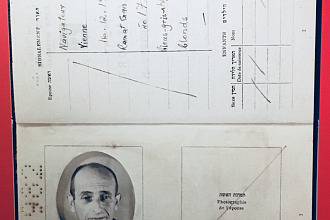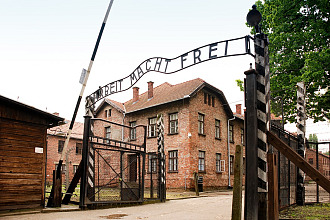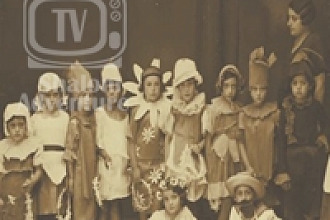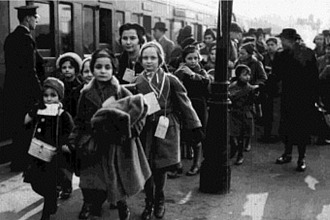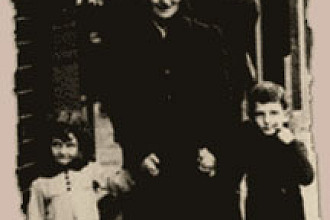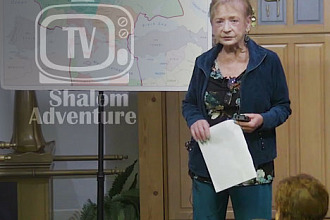Despite the death of her own daughter, Lena Küchler-Silberman dedicated her life to saving other Jewish children from the grips of death. She lived under an alias name smuggling children out of the Warsaw ghetto, including babies laying on top of the corpses of their mothers, disguised herself and the Jewish children she sought to save as Catholic to facilitate safe passage, and fostered nearly 100 young destitute Jewish orphans, some of whom were living in forests or closets after the war as their immediate families were not so fortunate to have survived the Nazis.
“I saw Lena come to the orphanage, but what she did first was take children who were not well, children who were very sick,” Frances Schaff, one orphan who Lena ultimately adopted, recalled after the war. “She took them to a resort place, where they might get well. So the first time Lena came she did not take me. And I was sad. But the second time, when she came again, she did.”
After securing necessary food, water, clothing, and other necessities to care for the children from the Jewish Committee Center, Lena sought to purchase property near Zakophane, Poland to establish her own miniature estate/orphanage to care for the child survivors that the Lord placed in her care, but anti-semitism and hostility from her Jewish neighbors forced her to flee the area. Some of her Polish neighbors even attempted to murder the children. She took her family to Czechoslovakia and then ultimately the Schiller Kibbutz in Israel where she reconstructed her career in education and psychology and lived out the remainder of her life. Most of her unofficially adopted children opted to remain with her even as she left Poland
“Some found relatives who wanted them; a few were adopted by people in France who had no children. But most of us chose to stay with Lena,” Schaff explained.
“All of us love them very much…and they are literally our children. All these children call me mama,” Lena said in an interview. “Although they have no conception of the word mother, still they feel that I love them very much. All in all, they have it good with us. We spoil them. They are a little spoiled, but we cannot resist their charm. All the other children feel a close attachment [to them]. They saw how these children looked once and how they look now. We observe them every day, how beautifully they are thriving with us, and that is why we are so attached to them. This is the story of five children, but each and every one of our children has such a tragic story. Each girl, each boy, every one of them has gone through all of hell. One could write volumes full and not [just] one interview in order to write the full story of the children.”
Even as Lena reestablished her life in Israel, she kept her nearly 100 unofficially adopted children close to her heart and kept in touch with them long after they entered adulthood.
Written by Erin Parfet









